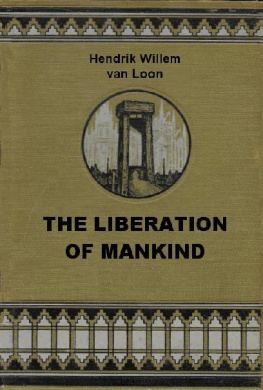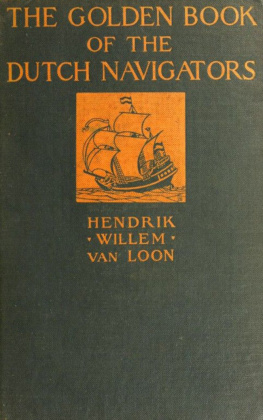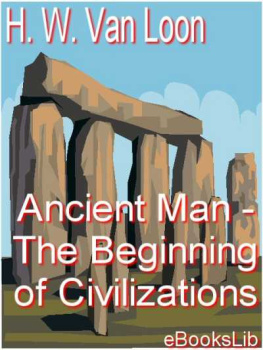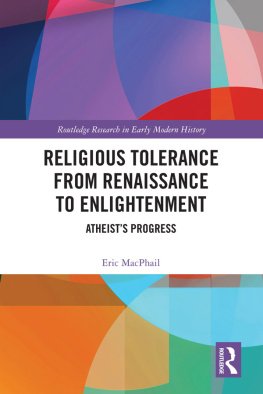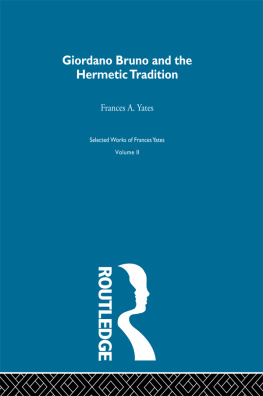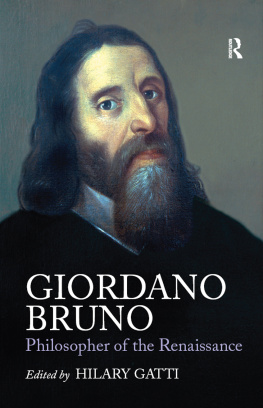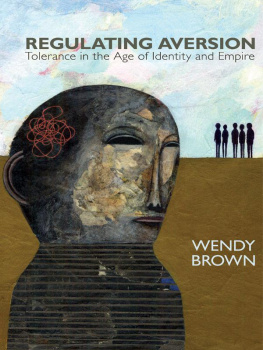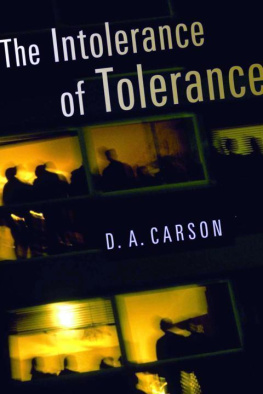Why should not all live in peace and harmony? We look up at the same stars, we are fellow-passengers on the same planet, and dwell beneath the same sky. What matters it along which road each individual endeavours to find the ultimate truth? The riddle of existence is too great that there should be only one road leading to an answer.
Quintus Aurelius Symmachus
THE LIBERATION OF MANKIND
THE STORY OF MANS STRUGGLE FOR THE RIGHT TO THINK
BY
HENDRIK WILLEM VAN LOON
AUTHOR OF
THE STORY OF MANKIND, ANCIENT MAN, ETC.
The final end of the State consists not in dominating over men, restraining them by fear, subjecting them to the will of others. Rather it has for its end so to act that its citizens shall in security develop soul and body and make free use of their reason. For the true end of the State is Liberty.
Spinoza
Farewell, good Sirs, I am leaving for the future. I will wait for Humanity at the crossroads, three hundred years hence.
Luigi Lucatelli
to
C. de B.
in old friendship
Table of Contents
PROLOGUE
Happily lived Mankind in the peaceful Valley of Ignorance.
To the north, to the south, to the west, and to the west stretched the ridges of the Hills Everlasting.
A little stream of Knowledge trickled slowly through a steep, worn gully.
It came out of the Mountains of the Past.
It lost itself in the Marshes of the Future.
It was not much, as rivers go. But it was enough for the humble needs of the villagers.
In the evening, when they had watered their cattle and had filled their casks, they were content to sit down to enjoy life.
The Old Men Who Knew were brought forth from the shady corners where they had spent their day pondering over the mysterious pages of an old book.
They mumbled strange words to their grandchildren, who would have preferred to play with the pretty pebbles brought down from distant lands.
Often these words were not very clear.
But they were writ a thousand years ago by a forgotten race. Hence they were holy.
For in the Valley of Ignorance whatever was old was venerable. And those who dared to gainsay the wisdom of the fathers were shunned by all decent people.
And so they kept their peace.
Fear was ever with them. What if they should be refused the common share of the products of the garden?
Vague stories there were, whispered at night among the narrow streets of (he little town, vague stories of men and women who had dared to ask questions.
They had gone forth and never again had they been seen.
A few had tried to scale the high walls of the rocky range that hid the sun.
Their whitened bones lay at the foot of the cliffs.
The years came and the years went by.
Happily lived Mankind in the peaceful Valley of Ignorance.
Out of the darkness crept a man.
The nails of his hands were torn.
His feet were covered with rags, red with the blood of long marches.
He stumbled to the door of the nearest hut and knocked.
Then he fainted. By the light of a frightened candle he was carried to a cot.
In the morning throughout the village it was known: He has come back.
The neighbours stood round and shook their heads. They had always known that this was to be the end.
Defeat and surrender awaited those who dared to stroll away from the foot of the mountains.
And in one corner of the village the Old Men shook their heads and whispered burning words.
They did not mean to be cruel, but the Law was the Law.
Bitterly this man had sinned against the wishes of Those Who Knew.
As soon as his wounds should have been healed he must be brought to trial.
They meant to be lenient.
They remembered the strange, burning eyes of his mother. They recalled the tragedy of his father, lost in the desert these thirty years ago.
The Law, however, was the Law; and the Law must be obeyed.
The Men Who Knew would see to that.
They carried the wanderer to the Market-place, and the people stood round in respectful silence.
He was still weak from hunger and thirst and the Elders bade him sit down.
He refused.
They ordered him to be silent.
But he spoke.
Upon the Old Men he turned hos back and his eyes sought those who but a short time before had been his comrades.
Listen to me, he implored, Listen to me and be rejoiced. I have come back from beyond the mountains. My feet have trod a fresh soil. My hands have felt the touch of other races. My eyes have seen wondrous sights.
When I was a child, my world was the garden of my father.
To the west and to the east, to the south and to the north lay the ranges from the Beginning of Time.
When I asked what they were hiding, there was a hush and hasty shaking of heads. When I insisted I was taken to the rocks and shown the bleached bones of those who had dared to defy the Gods.
When I cried out and said, It is a lie! The Gods love those who are brave! the Men Who Knew came and read to me from their sacred books. The Law, they explained, had ordained all things of Heaven and Earth. The Valley was ours to have and to hold. The animals and the flowers, the fruit and the fishes were ours, to do our bidding. But the mountains were of the Gods. What lay beyond was to remain unknown until the End of Time.
So they spoke, and they lied. They lied to me, even as they have lied to you.
There are pastures in those hills. Meadows, too, as rich as any, And men and women of our own flesh and blood. And cities resplendent with the glories of a thousand years of labour.
I have found the road to a better home. I have seen the promise of a happier life. Follow me and I shall lead you thither. For the smile of the Gods is the same there as here and everywhere.
He stopped and there went up a great cry of horror.
Blasphemy! cried the Old Men. Blasphemy and sacrilege! A fit punishment for his crime! He has lost his reason. He dares to scoff at the Law as it was written down a thousand years ago. He deserves to die!
And they took up heavy stones.
And they killed him.
And his body they threw at the foot of the cliffs, that it might lie there as a warning to all who questioned the wisdom of the Ancestors.
Then it happened a short time late that there was a great drought. The little brook of Knowledge ran dry. The cattle died of thirst. The harvest perished in the fields, and there was hunger in the Valley of Ignorance.
The Old Men Who Knew, however, were not disheartened. Everything would all come right in the end, they prophesied, for so it was writ in their most Holy Chapters.
Besides, they themselves needed but little food. They were so very old.
Winter came.
The village was deserted.
More than half of the populace died from sheer want.
The only hope for those who survived lay beyond the mountains.
But the Law said No!
And the Law must be obeyed.
One night there was a rebellion.
Despair gave courage to those whom fear had forced into silence.
Feebly the Old Men protested.
They were pushed aside. They complained of their lot. They bewailed the ingratitude of their children, but when the last wagon pulled out of the village, they stopped the driver and forced him to take them along.
The flight into the unknown had begun.
It was many years since the Wanderer had returned. It was no easy task to discover the road he had mapped out.
Thousands fell a victim to hunger and thirst before the first cairn was found.
From there on the trip was less difficult.

